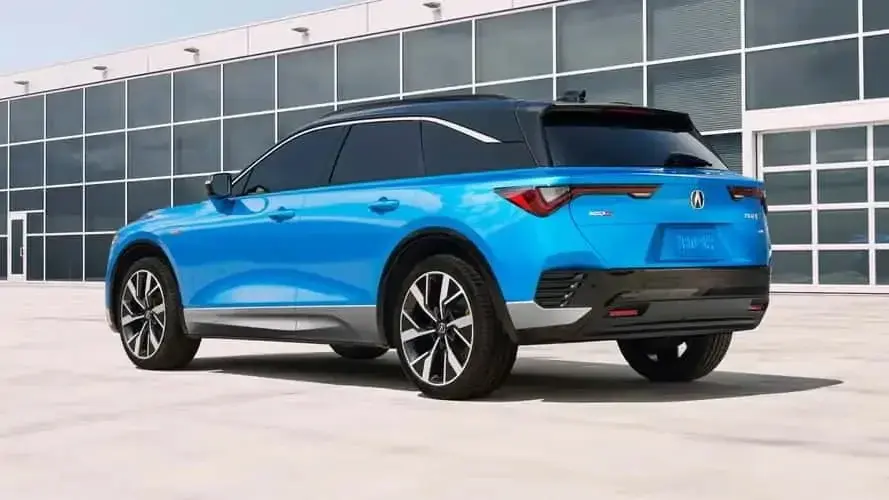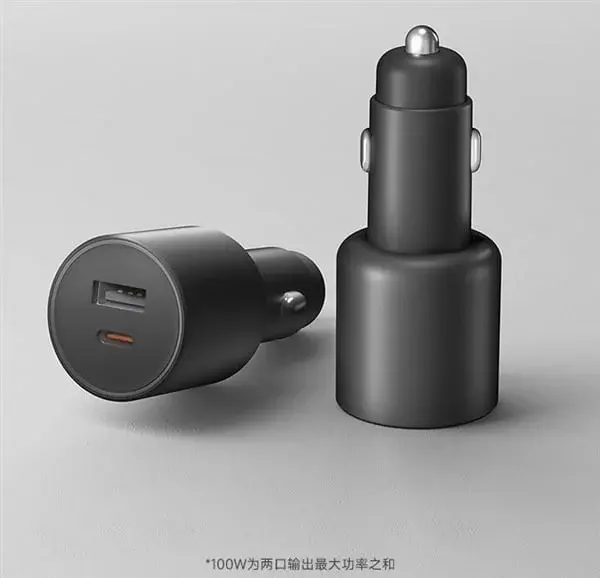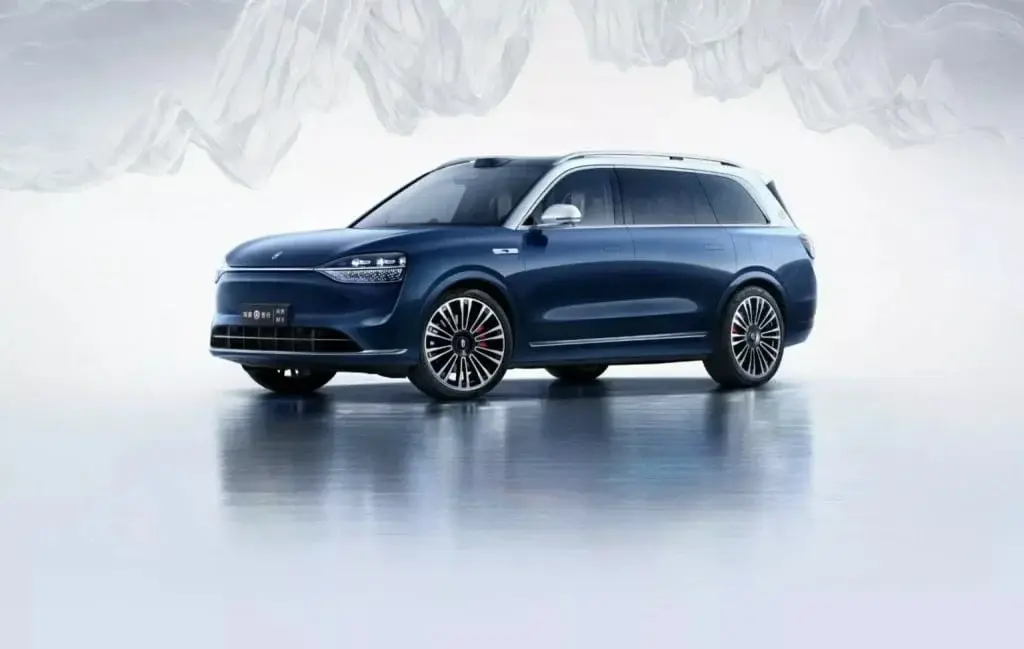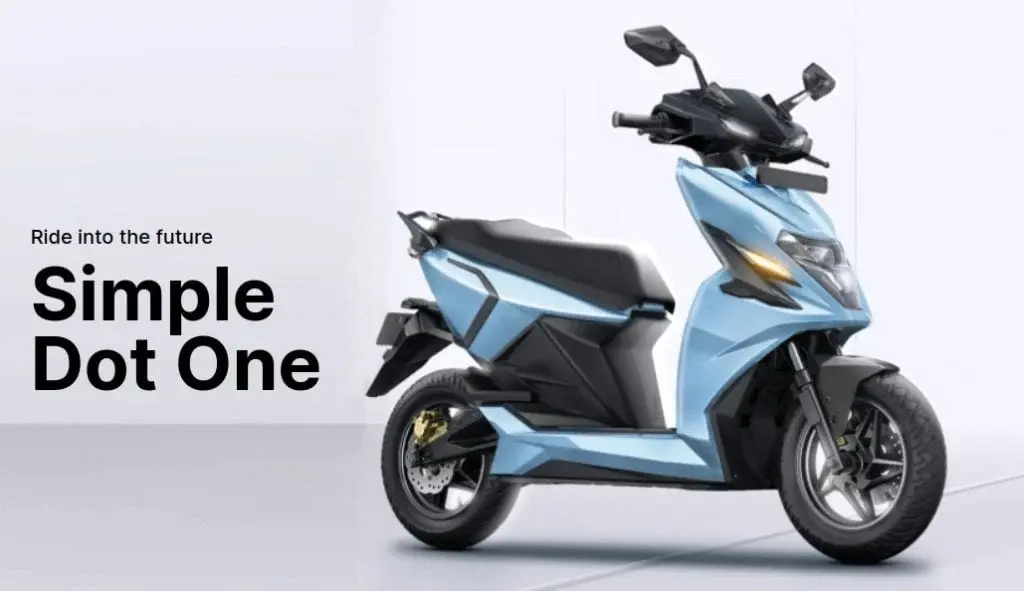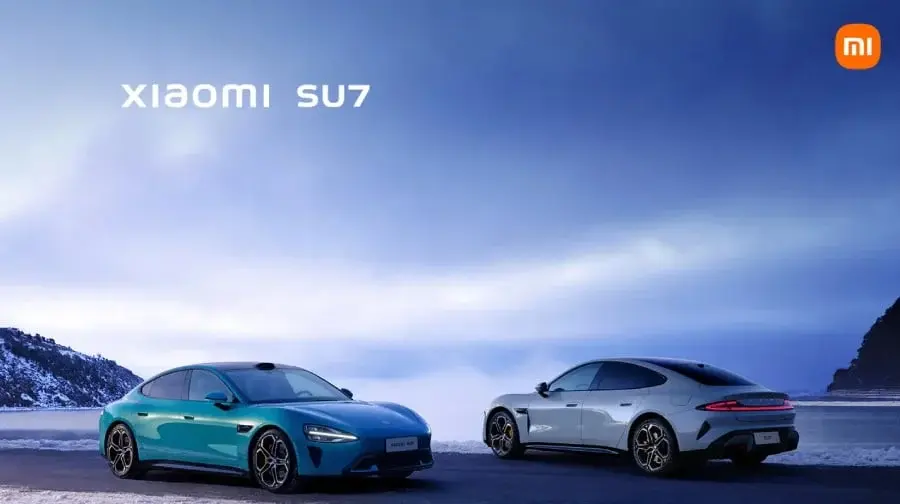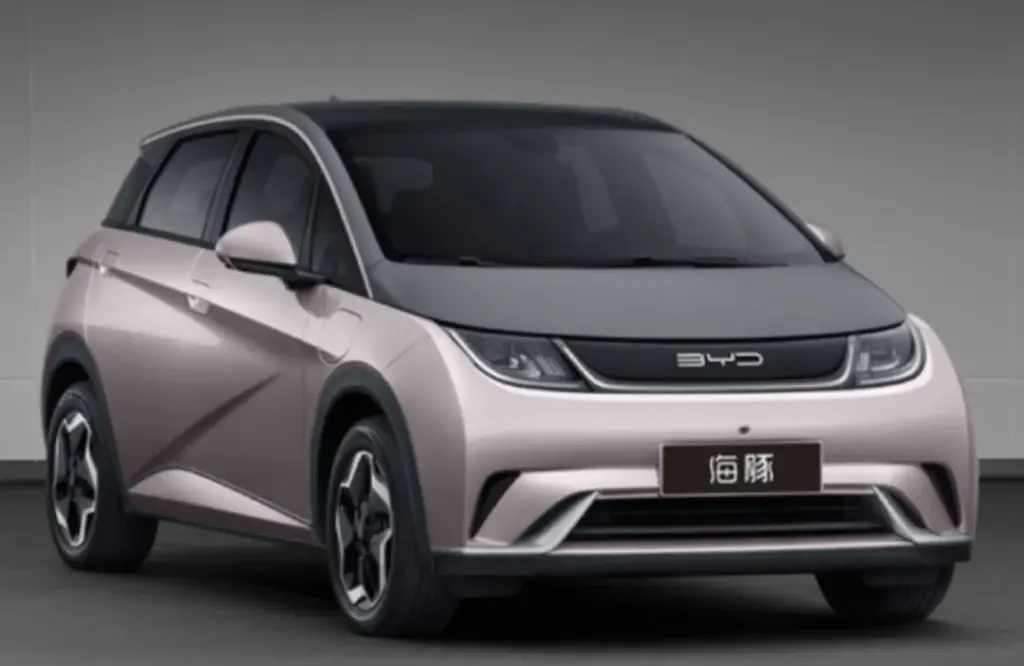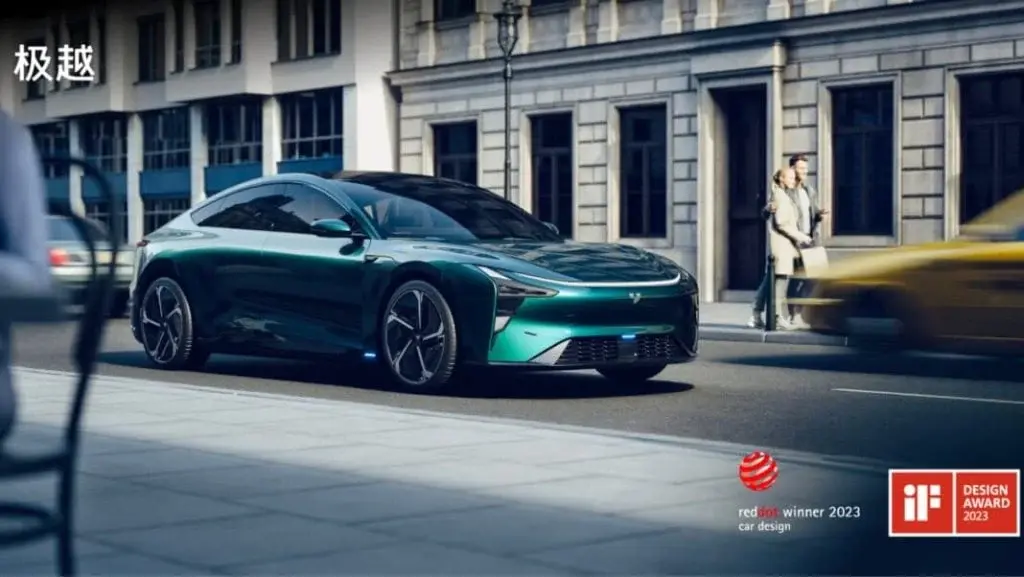Kentucky Imposes Higher Taxes on Electric Vehicles
In Kentucky, the start of 2024 brought about a significant change in the taxation of electric vehicles (EVs) compared to their gasoline counterparts. The state has introduced two distinct taxes on electric vehicles, both of which are higher than the taxes imposed on gasoline vehicles for comparable energy units. This decision places Kentucky among the group of states that have opted to heavily tax EVs, seemingly disregarding the environmental benefits and reduced road damage associated with electric vehicle use.
Additional Annual Registration Fee
One of the changes affecting EV owners in Kentucky is the introduction of an additional annual registration fee of $120. This fee is in addition to the standard vehicle registration charges and is particularly punitive towards electric vehicles, considering their efficiency and lower road wear when compared to gasoline vehicles. To put it into perspective, a hypothetical gasoline car with a similar efficiency rating of around 140 miles per gallon would pay approximately $30 in gas taxes for driving 15,000 miles a year. In contrast, an electric vehicle with an efficiency of 140 miles per gallon equivalent (mpge) is subject to a flat $120 fee, regardless of the mileage covered.
Extra Tax on Public EV Charging Stations
Another change impacting the EV landscape in Kentucky is the introduction of an extra tax on public EV charging stations. These stations are now subject to a tax of 3 cents per kilowatt hour of electricity distributed. For chargers located on state property, this tax doubles to 6 cents per kilowatt hour. This represents a significant increase when compared to Kentucky's average electricity rates and even more so when compared to the state's gasoline tax rate. Consequently, electricity for EVs is taxed at a much higher rate than gasoline, despite EVs causing less road damage and air pollution.
Disproportionate Impact and Feasibility Concerns
These new taxes have a disproportionate impact on certain groups, particularly apartment dwellers and commuters who rely heavily on public charging stations. Additionally, businesses that offer free charging as an incentive may find it less feasible to do so due to the increased costs associated with the new taxes. This could potentially hinder the adoption and usage of electric vehicles in the state.
Rationale and Criticisms
The rationale behind these taxes is ostensibly to ensure that EVs contribute to road maintenance costs. However, critics argue that this reasoning overlooks the fact that gasoline taxes in Kentucky only cover a fraction of the state's road maintenance costs. This implies that gasoline vehicles are also underpaying for their road usage. Furthermore, the significant road damage caused by heavy trucks is not adequately addressed in this taxation scheme.
In conclusion, Kentucky's decision to impose higher taxes on electric vehicles raises concerns about the fairness and effectiveness of the taxation system. While the intention may be to ensure that EVs contribute to road maintenance costs, the heavy taxation seems to disregard the environmental benefits and reduced road damage associated with electric vehicle use. These taxes also disproportionately affect certain groups and may hinder the adoption of electric vehicles in the state.

